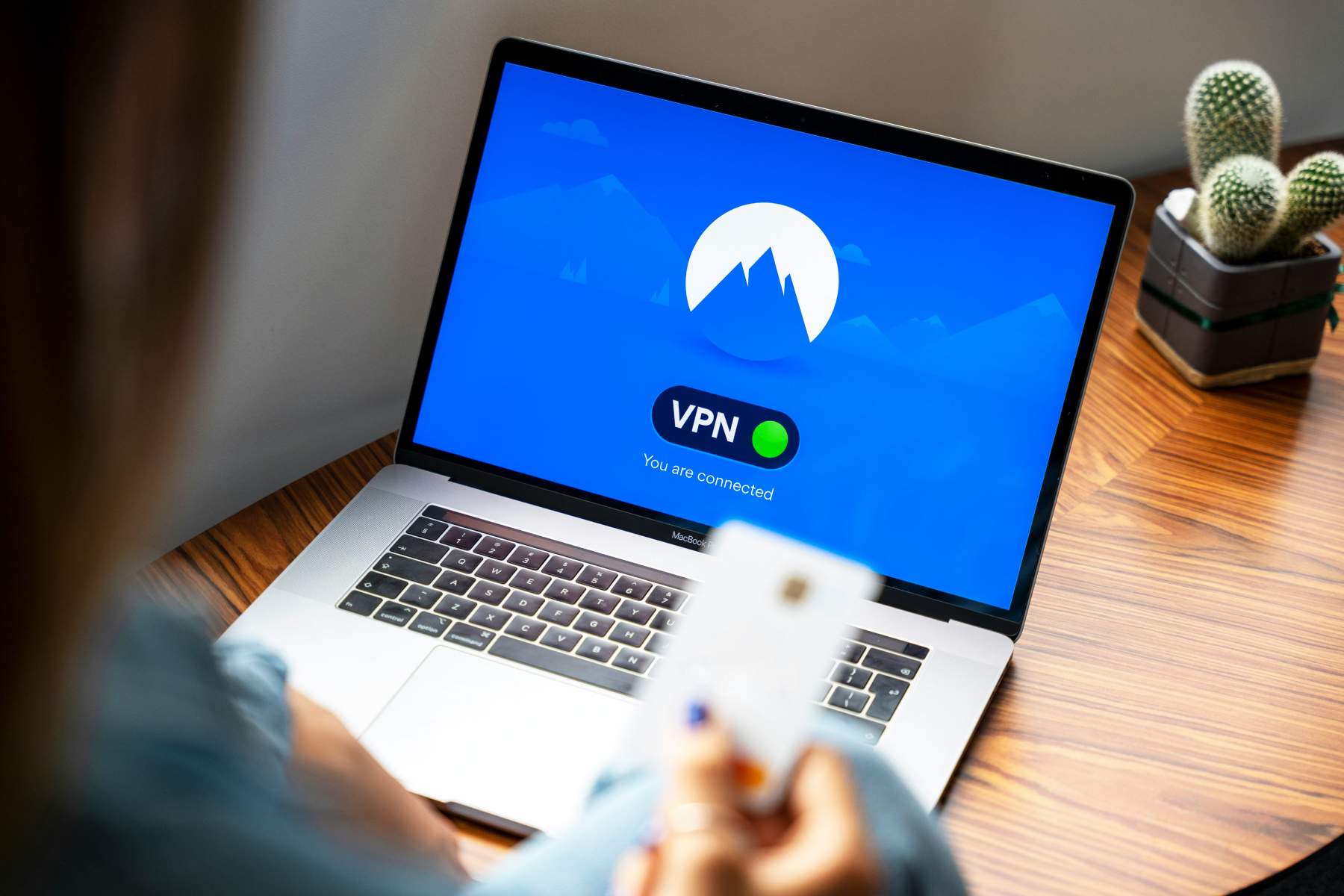Introduction
In today’s increasingly remote and digital workplace, Virtual Private Networks (VPNs) have become a vital tool for protecting sensitive data and enabling secure access to company resources. But while VPNs offer undeniable security benefits, they also come with challenges—most notably, the risk of IP blacklisting that can block access to critical websites. Understanding these pros and cons is essential for businesses looking to leverage VPN technology effectively.

Benefits of Using VPN at Work
Virtual Private Networks (VPNs) provide a secure tunnel for transmitting data, which is especially important in workplace settings where sensitive company information is exchanged. By encrypting internet traffic, VPNs help protect against hackers, eavesdropping, and other cyber threats.
They also enable remote employees to access company networks safely from any location, increasing flexibility and productivity. This can be invaluable for organizations with distributed teams or those adopting hybrid work models.
Drawbacks to Consider
Despite their advantages, VPNs are not without challenges. One common issue is the potential for slower internet speeds due to the encryption process and the routing of traffic through VPN servers. This can impact user experience and efficiency.
Additionally, some organizations may face compliance and policy concerns, especially in regulated industries where data privacy standards must be strictly maintained.
The Challenge of IP Blacklisting
A significant and often overlooked drawback is IP blacklisting. Many websites maintain lists of IP addresses known to belong to VPN servers to block suspicious activity or enforce geo-restrictions.
When a VPN server’s IP is blacklisted, users may find themselves unable to access essential websites or online services during work, which can hinder productivity and cause frustration.
Businesses must be aware of this risk and consider solutions such as rotating IP addresses, using trusted VPN providers, or selectively bypassing the VPN for certain sites when appropriate.
Balancing Security and Accessibility
For organizations implementing VPNs, the key is to balance the undeniable security benefits with the potential accessibility issues. Proper planning, user training, and choosing the right VPN solution can help mitigate drawbacks.
Regularly monitoring VPN performance and blacklisting issues can ensure employees maintain smooth access to necessary online resources without compromising security.
“IP blacklisting of VPN servers can unexpectedly restrict access to important online services, turning a security solution into a productivity hurdle.”

Final thoughts
VPNs provide a powerful layer of security and flexibility for modern workplaces, but they aren’t a perfect solution. By recognizing the potential drawbacks—like IP blacklisting—and planning accordingly, businesses can maximize VPN benefits while minimizing disruptions. The key is balancing robust security with seamless access to the digital tools employees rely on every day.





